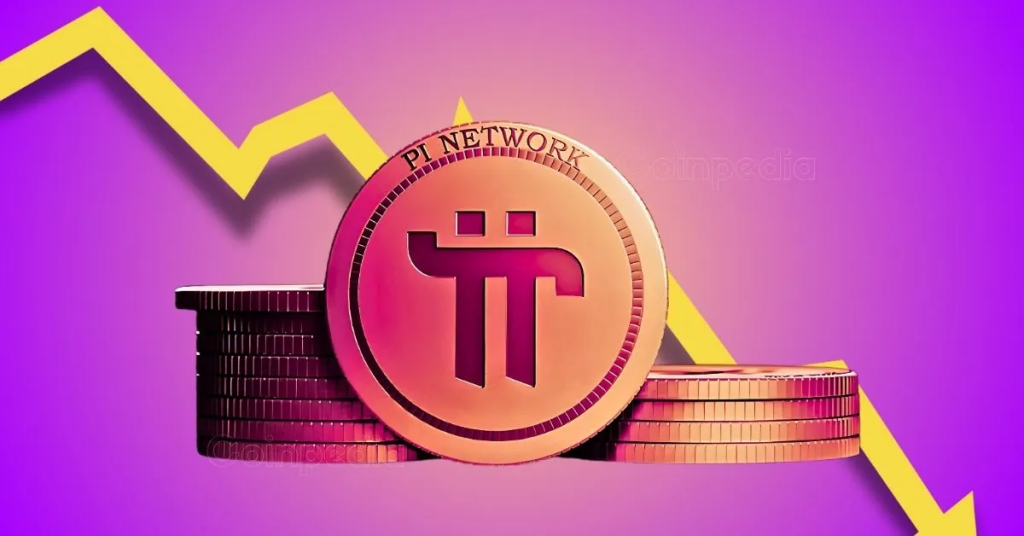The metaverse and NFTs have gained significant global recognition and growth over the past year. They are both built on blockchain technology. Massive numbers of individuals are getting on board these platforms. Regulators and governments are not yet sure how to regulate this technology. They are still waiting for the market to evolve before making a final decision. The Securities and Exchange Commission is making some moves toward regulating crypto. There will be many challenges when deciding the best regulatory guidelines for Non-Fungible Tokens and Metaverse. This article will address some of these issues. A Boundless Marketplace Generally, transactions in the metaverse are made with cryptocurrencies or non-fungible tokens (NFTs). People can use these assets for various creative purposes, such as music or images. The market for NFTs is booming. Some estimates state that the NFT market is worth hundreds of millions of pounds. Art purchased in the real world has a two-fold ownership structure, as dictated by property law. First, it belongs to the artist, and second, the buyer may or may not have the intellectual property rights of the work. In the metaverse, however, the concept of ownership is not included in terms of a transaction. According to international law firm Reed Smith, in this type of transaction, the actual owner is the one who provides the services or license. It means that the buyer may not be able to sell the ...
 Pi Network Price May Never Hit $10
Pi Network Price May Never Hit $10